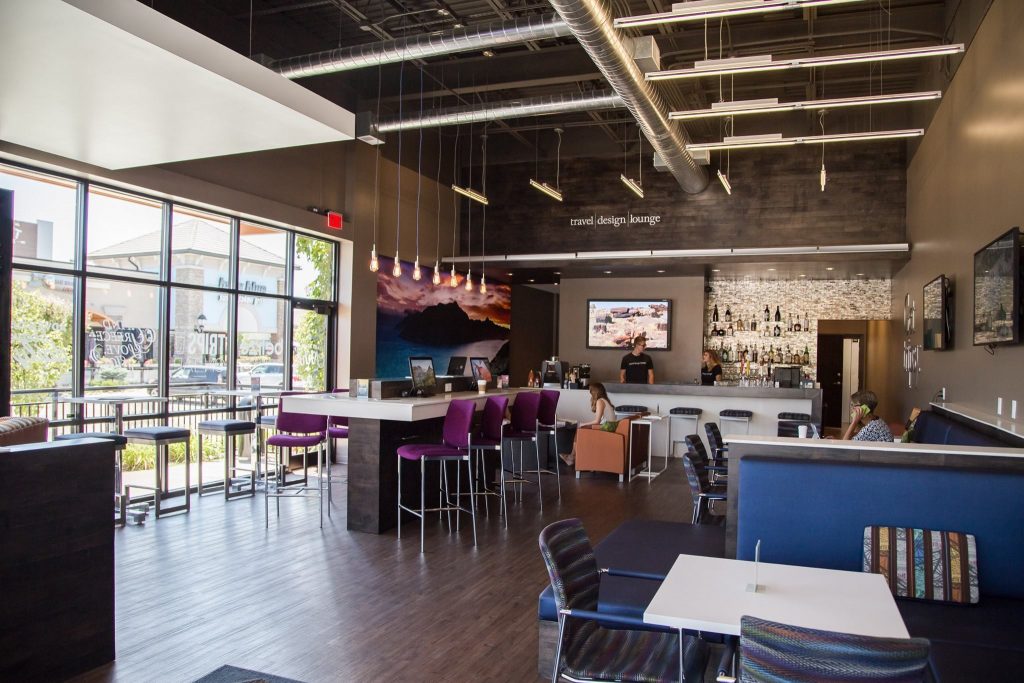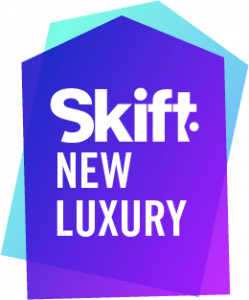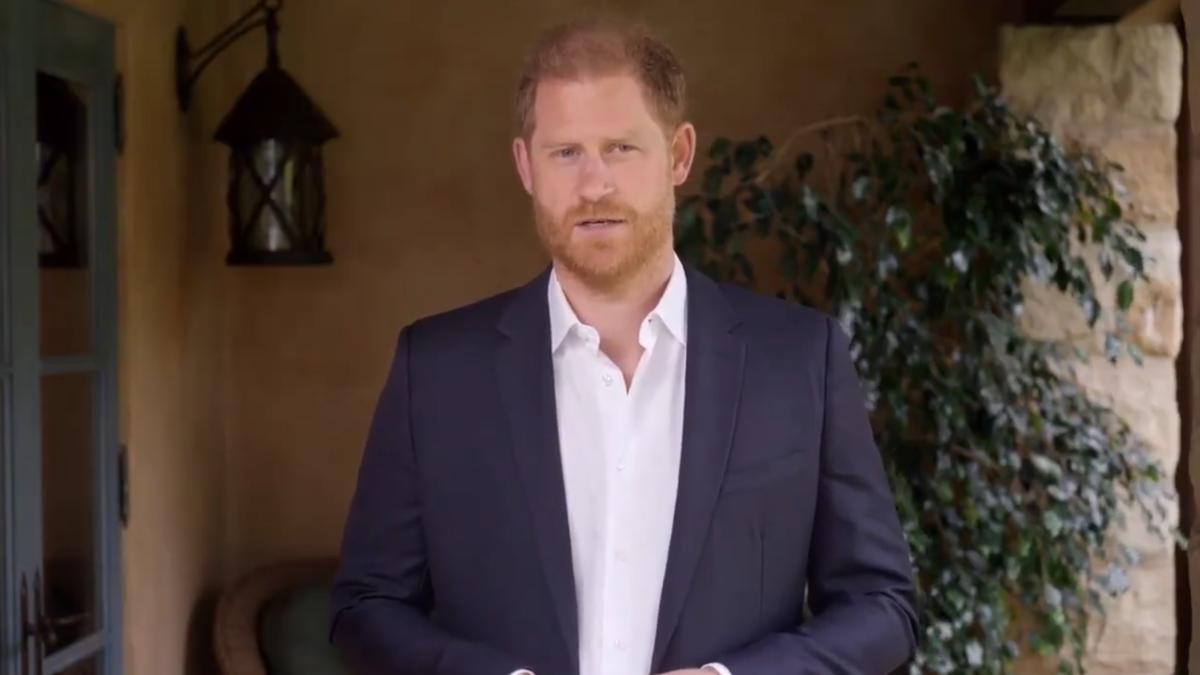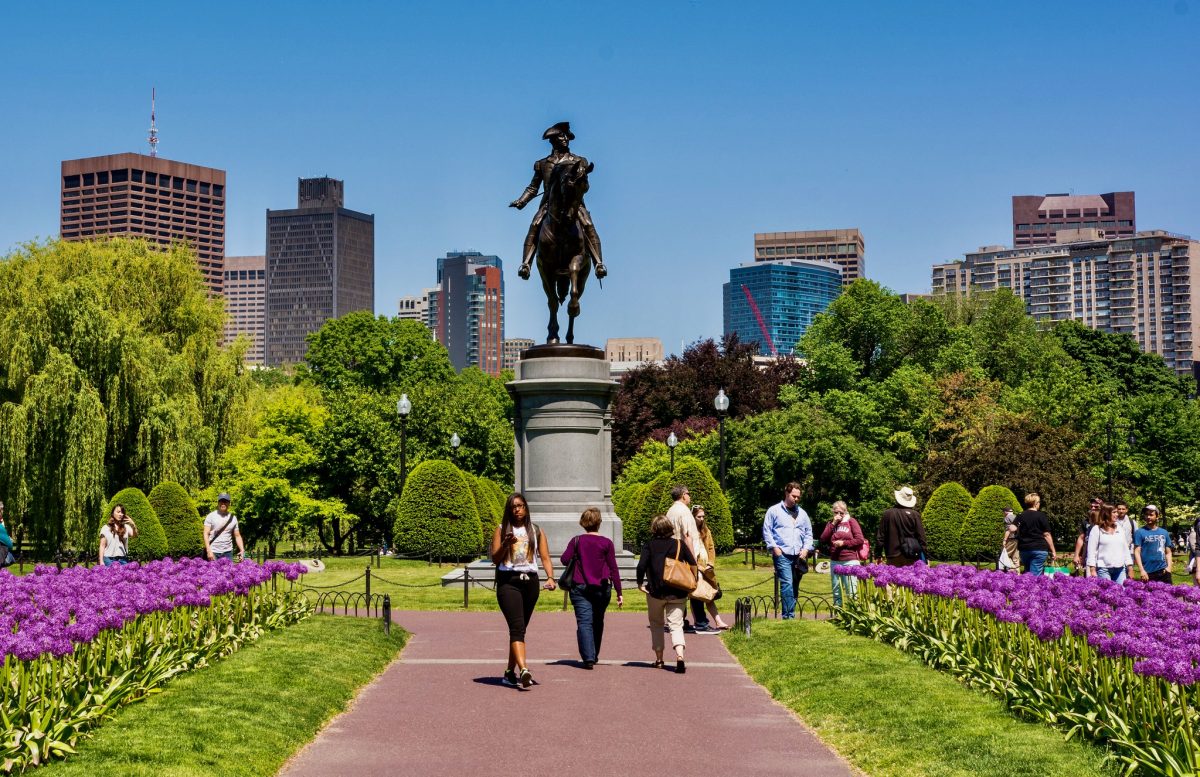The Travel Agents Rethinking the Brick and Mortar Retail Experience

Skift Take
 The Skift New Luxury Newsletter is our weekly newsletter focused on the business of selling luxury travel, the people and companies creating and selling experiences, emerging trends, and the changing consumer habits around the sector.
The Skift New Luxury Newsletter is our weekly newsletter focused on the business of selling luxury travel, the people and companies creating and selling experiences, emerging trends, and the changing consumer habits around the sector.
In addition to providing this weekly digest with stories that are relevant to the sector, Skift is expanding its coverage of the sector with stories like you find below.
Just when it seemed the brick and mortar travel agency was out of style, old school is making a comeback. It seems that in this day and age of information saturation, growing numbers of people (especially among the millennial set) are craving expert curation and advice as they make their high-end, experiential travel plans.
As the agency world experiences a renaissance of sorts, some innovative players are upping their game by reconceptualizing notions of what a travel storefront should look like. Notes David Kolner, senior vice president of global member partnerships for Virtuoso, "We have to make going to the agency an experience in and of itself by changing the physical space to meet clients where they are."
That's not always so easy to do, according to Keith Waldon, owner of Departure Lounge in Austin, Texas. "The agency business tends to be reactive rather than innovative," he says. "For so many years, it had been about shrinking space to lower overhead, to the point where the industry became invisible at street level."
But some enterprising agency operators are moving into high-traffic areas and creating environments where customers can socialize and relax. While not yet a tipping point, several agency models are hinting at what's next.
The stereotypical travel agency is located in a strip mall and is populated by travel agents sitting behind their desks while outdated images of palm trees and beaches loom on the walls. Well, blah just doesn't cut it anymore, as the owners of The Local Foreigner in New York can attest. Owned by four women, all millennials, the Soho agency's snug office space features a collaborative work area and a cozy living room in which to confer with clients. No individual desks, no uncomfortable chairs.
Meanwhile, over in Germany, the Baden-Baden branch of L'Tur, one of the country's largest agency groups, shares retail space with Starbucks in an upscale mall. Since 2012, L'Tur customers have been able to sip their lattes while brewing up ideas for holidays with agents.
Departure Lounge in Austin, Texas ups the ante even more. In 2015, Keith Waldon opened his hybrid travel agency/coffee bar/wine bar. The downtown space, according to the agency's website, transports customers "to the world's top destinations via organic coffees, small-batch boutique wines, artisan chocolates and cheeses, desserts and large touchscreens that showcase the best places on earth for a future getaway."
A few years ago, travel industry veteran Waldon felt "compelled to get travel agencies back on the street." So, he surveyed Austinites and asked them, "Where are you sitting when you talk to people about travel?" He discovered that the answers always involved social environments. Departure Lounge doubles as an interactive social space unimpeded by desks, computers and "blocking mechanisms," as he calls them. By opening up the space, Waldon provides customers with a comfortable place for agent interaction and has ample space to host travel-related events.
Departure Lounge is now taking off into a franchise model. The prototype franchise will open at Austin's airport in summer 2017 and Waldon expects other branches should be open by early 2018. While they will not have a public bar like the original location, all franchises will offer free beverage menus for clients and will be designed as upscale lounge spaces conducive to hosting events.
While Departure Lounge is going the franchising route, Travel and Transport is looking to keep things in-house as it expands its Travel Design Lounge concept. According to Jeff Cain, senior vice president of the company's specialty divisions, "We are continuing to fine-tune the concept in the prototype location in Omaha, Nebraska (which opened at the end of 2015) before going on to target major cities." That part of the equation likely will not take place for a year or two.
The Travel Design Lounge, although it also incorporates alcohol, coffee and food and hosts experiential travel-related events (Italian Wine Night, anyone?) differs from its Austin-based competitor in several ways. While Departure Lounge invites independent travel advisors to come into the space to consult with clients, the Travel Design Lounge has full-time agents in-house. Additionally, it relies more on alternative revenue streams. According to Cain, "while travel is definitely the biggest revenue driver, we do derive profits from our food and beverage sales and space rental."
Of course, adding bars, lounges and the like can be expensive. As Mark McSpadden, the director of Sabre Labs notes, before anyone considers new ideas, they have to ponder whether concepts makes strategic sense. "Agencies trying to differentiate their storefronts need to consider how that translates in terms of marketing efforts and moreover, whether the changes will lead to higher conversion rates," says McSpadden. Waldon agrees, claiming that the conversion rates for agents who meet their clients in-person at The Departure Lounge is a whopping 83 percent, nearly tripling the industry rate average.
What's next? Likely more space for in-store virtual reality. China's Zanadu is all in on the concept. In 2016, the Chinese luxury lifestyle travel platform opened its cutting-edge Travel Experience Space in Shanghai, providing 360-degree virtual reality experiences and other high-tech travel experiences. Singapore's Flight Centre is another leader in introducing VR to its storefronts. Thomas Cook UK is committing to virtual reality in a big way through the rollout of its new Discovery store concept, which began in earnest in 2016. Several agencies in North America are piloting VR programs with higher-end headsets like the Oculus Rift and HTC Vive. And once that becomes the norm, don't be surprised to see the introduction of virtual reality rooms, where clients can wander as they watch — then book.




